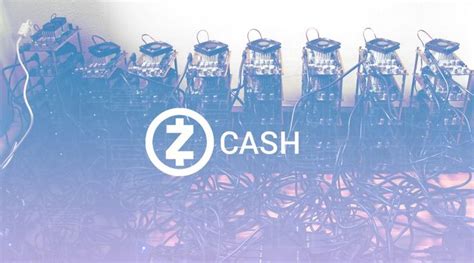How Monero and Zcash Are Shaping the Future of Digital Privacy
The rise of cryptocurrencies has brought about a new era in digital payments, but it’s not just the transaction fees that have changed. With the advent of decentralized applications (dApps) and blockchain-based services, two new players are emerging to challenge traditional notions of security, anonymity, and data protection: Monero and Zcash.
What is Monero?
Monero, also known as Monero-Dash or XMR, is a cryptocurrency that allows users to send anonymous transactions through the use of ring signatures. These ring signatures ensure that each transaction is unique, making it virtually impossible to link multiple transactions together or identify individual parties involved in the transaction.
The technology behind Monero’s anonymity is based on a technique called “seal-and-mix,” which encrypts and mixes the data before transmitting it across the network. This encryption process prevents any eavesdropping or tampering with the data, allowing users to send transactions without revealing their identities.
What is Zcash?
Zcash, also known as CASH (Censorship-Areas-Hashing), is a cryptocurrency that uses a technology similar to Monero’s ring signatures. However, it adds an extra layer of security by using a “mixcoin” that disperses the coins across multiple addresses before sending them on the network.
The mixcoin is used to mask the transaction amounts, making it harder for anyone to track individual transactions. Additionally, Zcash uses a technique called “skein-based commitment,” which allows users to commit to specific actions without revealing their identities or transaction amounts.
How do Monero and Zcash shape the future of digital privacy?
The emergence of Monero and Zcash is having a significant impact on the way we think about digital payment systems. By introducing new technologies that enhance anonymity, these cryptocurrencies are challenging traditional notions of security and data protection.
Here are some ways in which Monero and Zcash are shaping the future of digital privacy:
- Increased anonymity: With the use of ring signatures, Monero and Zcash offer a high level of anonymity, making it difficult for law enforcement agencies to track transactions.
- Improved data protection
: The security features of Monero and Zcash provide an additional layer of protection against data breaches or hacking attempts.
- Reduced surveillance

: By allowing users to send anonymous transactions, these cryptocurrencies reduce the risk of surveillance by governments or corporations trying to monitor their activities.
- New use cases for dApps: The introduction of ring signatures in Monero and coin-based commitment in Zcash opens up new use cases for decentralized applications (dApps), such as secure storage, identity verification, and peer-to -peer transactions.
The impact on the broader digital economy
While the emergence of Monero and Zcash may seem like a niche issue at first glance, their impact is far-reaching. Here are some potential implications:
- New revenue streams for traditional companies: As governments and corporations become increasingly concerned about data protection, they will need to adapt their policies to accommodate these new technologies.
- Increased competition in the cryptocurrency market: The rise of Monero and Zcash could lead to increased competition among other cryptocurrencies, driving innovation and improving security standards across the industry.
- New opportunities for decentralized applications: As users seek more secure and private ways of accessing dApps, we may see a proliferation of new services that offer enhanced anonymity and data protection.
Conclusion
The emergence of Monero and Zcash represents a significant shift in the way we think about digital payment systems and data security.

